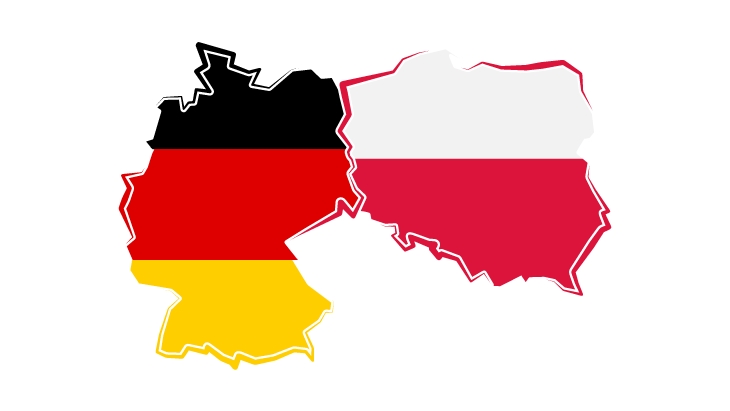German utilities were forced to shut down their nuclear power plants by the Energiewende, or energy transition, that the government of Chancellor Angela Merkel introduced in response to the Fukushima Daiichi nuclear power plant accident in Japan in March 2011. At that time, Germany was obtaining around a quarter of its electricity from 17 nuclear reactors operated by EnBW, E.On, RWE and Vattenfall.
The text of the letter is as follows.
"As the citizens of your neighbouring country, representing many groups and organisations, the world of science and culture, as citizens of the European Union, aware of the unprecedented threat to the biosphere related to the global climate change, we implore you to reconsider the decision on the final decommissioning of fully functional nuclear power plants operating within the Federal Republic of Germany made by German government in 2011.
"The findings of the Intergovernmental Panel on Climate Change (IPCC) concerning the consequences of global climate warming by 1.5°C above the pre-industrial level and related global greenhouse gas emission scenarios indicate that - should global warming proceed at the current pace - the value of 1.5°C will probably be reached between 2030 and 2052.
"Simultaneously, both the IPCC report and dozens of other reports and studies by scientists from all around the world predict the disastrous effect of global warming on the environment. The IPCC report also points out that future climate threats will depend on the pace, maximum value and duration of the warming. They stress the need to keep the temperature increase at around 1.5°C, which would limit pressure exerted by global warming on land and aquatic ecosystems, on which the lives of billions of people and the survival of thousands of other species depend.
"In the IPCC climate mitigation scenarios where the 1.5°C threshold is not exceeded or only slightly exceeded, net global anthropogenic CO2 emissions drop to approximately 45% by 2030, compared to the 2010 level. These scenarios require rapid and far-reaching transformation in almost all areas of human endeavour - changing agriculture, protecting and restoring natural habitats, and mainly transforming the energy sector. In the majority of scenarios where warming is limited to 1.5°C or slightly over this threshold it is assumed that the share of nuclear power in electricity generation will increase.
"We are aware of the ongoing discussion concerning the place for nuclear power in a long-term sustainable power generation model and we think it still requires more deliberation based on complete scientific data. However, abandoning low-carbon nuclear power before the complete end of burning of hard coal and lignite will result in technical and technological problems which will be very difficult to overcome in a short time period and will require the continued use of other fossil fuels, mainly natural gas. This in turn fails to provide expected rapid and effective decarbonisation.
"As established by hundreds of scientists in the Intergovernmental Panel on Climate Change, only rapid and effective phase out of fossil fuels gives us a chance to keep global temperature increase below or only slightly over 1.5°C. As of today, this is necessary to ensure an acceptable future for billions of people.
"That is why we appeal to you to reconsider your decision to end the use of nuclear power in Germany or to delay it until you have completely phased out the use of fossil fuels in the power industry and implemented effective, state-of-the-art technologies for the storage of power generated by renewables. This would accelerate the decarbonisation processes, serving as an example and giving hope to other countries on our planet, which will be making decisions on the future of their power systems and on their role in preventing climate change and degradation of the biosphere.
"The decisions you make today will be extremely important. Germany is a global policy leader and an economic powerhouse, a country which provides guidance in the struggle to halt the warming of the Earth’s climate.
"That is why we implore you, our neighbours, with this letter."
Among the signatories to the letter was Professor Tomasz Polak of the Boundary Questions Research Group at Adam Mickiewicz University; Grzegorz Grzywaczewski of the Faculty of Biology, Animal Sciences and Bioeconomy at the University of Life Sciences in Lublin; and Grzegorz Piątek of the Faculty of Forestry at the University of Agriculture in Kraków.








_97013.jpg)






